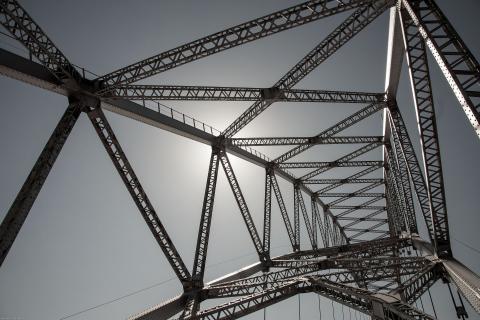
Region: Global
Country: Global / Non-Specific
Sectors: Energy and Power, Water and Sanitation
Keywords: Sector, Parties, Private Sector, PPP Reference Guide, PPP Online Reference Guide **, PPP Basics ***
Document(s):
Does Private Sector Participation Improve Performance in Electricity and Water Distribution?862.62 KB
Document Details:
Whether privately managed utilities outperform those run by the state is an old question. What makes it difficult to answer is that utilities such as water and electricity distribution companies do not operate in competitive markets, where a change from public to private management is expected to lead to cost savings and efficiency gains driven by the profit motive. Indeed, studies looking at priva tized firms operating in competitive markets have reported increases in labor productivity, output, and investment and improvements in service quality.
The empirical results in electricity distribution and water and sanitation services are far less clear-cut. These services have features traditionally used to justify public involvement rather than characterizing a competitive market. They are natural monopolies (when the service is provided through networks), generate externalities, and are (particularly in the case of water services) considered a human right and an important element of social and development policies. The question of whether privately managed utilities outperform publicly run ones is especially difficult to answer in developing coun tries, where the effect of weak or inappropriate legal and institutional environments must also be taken into account.
Despite the obvious difficulties, understanding the tradeoffs between public and private management is critical for policy makers and their advisors. The private sector has long been advocated as a solution to closing the service delivery gap faced by developing countries. But the wide range of results observed case by case has led to strong feelings both for and against private involvement in util ity services, and any resolution of the debate has often seemed far away.
The Study
To address the question as rigorously as possible and to distill universally applicable results from the multitude of evidence, this study examines the impact of private sector participation (PSP) in water and electricity distribution using a data set of more than 1,200 utilities in 71 developing and transition economies. The sample includes 301 utilities with PSP and 926state-owned enterprises (SOEs) over more than a decade of operation. The data set compiled is unique in its coverage, and its size and composition make it possible to address for the first time methodological problems that have plagued empirical research and hampered conclusive results.
Studies on natural monopoly industries have tradi tionally suffered from small sample size and taken the form of case studies, which cannot produce generalizations. This study, by contrast, uses a database covering, as comprehensively as possible, all the electricity distribution and water and sanitation companies that experi enced PSP between the beginning of the 1990s and 2002. Moreover, the study compares these PSP firms with a set of sufficiently similar state-owned utilities to establish meaningful—“like with like”—comparisons. Finally, because of the long period covered, the study is able to address the question of the counterfactual in a dynamic way, showing how the performance of firms with PSP changed over time and comparing that change with the performance of firms that remained state run.
Gassner, Katharina, Alexander Popov, and Nataliya Pushak. 2009. “Does Private Sector Participation Improve Performance in Electricity and Water Distribution?.” Trends and Policy Options No. 6. Washington, DC: World Bank. [#1931]
Updated: May 17, 2022